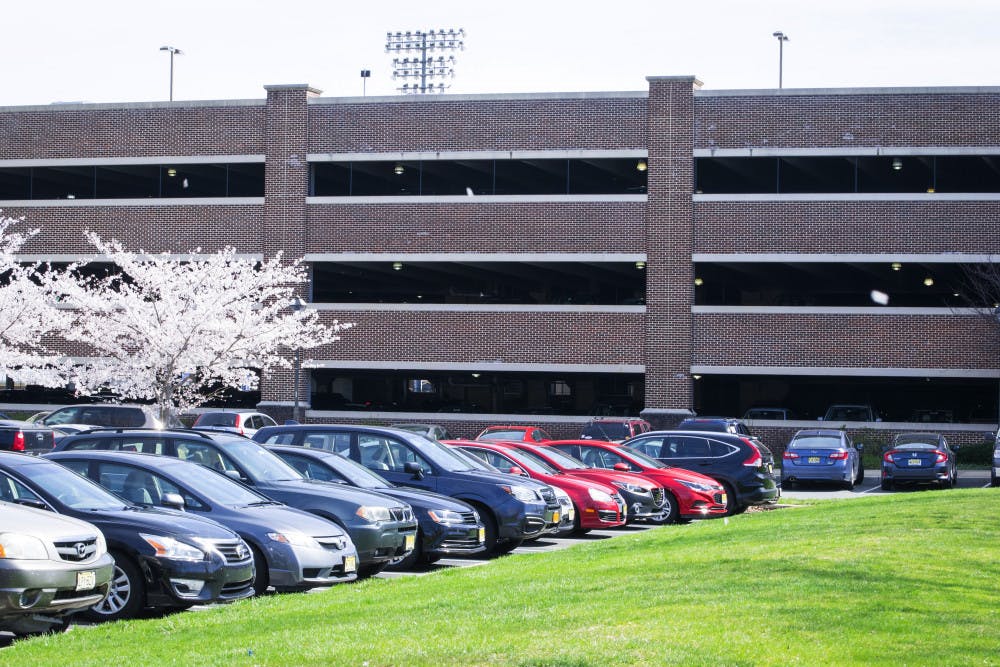By Amy Hecht, Angela Lauer Chong and Mark Forest
Vice President for Student Affairs and co-chairs of the Mental Health Promotion and Suicide Prevention Task Force
An opinion piece was published on April 10 stating inaccurate information regarding a campus construction project involving campus parking garages.
Current construction on the Lot 7 parking garage is the first installment of a comprehensive project to construct barriers for the top floor and the openings between the third and fourth floors of each parking garage on campus.
This project is the result of careful research, development and planning for more than a year in a partnership between many areas of campus, including student affairs, campus planning and the Mental Health Promotion and Suicide Prevention Task Force. Completion of the project on all three garages is slated to be completed by May 17.

Erecting such barriers is an example of “means restriction,” one of the most proven, evidence-based and effective methods of suicide prevntion endorsed by the Jed Foundation, one of the nation’s leading nonprofits focused on this issue. Similar measures have been installed at other institutions of higher education and public spaces that pose a risk as a means for death by suicide such as bridges, tall buildings, train stations, etc.
With that said, means restriction should not be — and is not — the only initiative or strategy employed by the College in recent years to address death by suicide as a public health issue.
Our community has benefited greatly from additional staffing in Counseling and Psychological Services, assessment and revision of policies and protocols around mental health, robust health and wellness programming, increased emphasis placed on health and wellness in the student affairs division and College’s strategic plans and institutionalizing gatekeeper training for faculty, staff and students, among other initiatives.
We also cannot underestimate the impact and importance of the rich dialogue we have engaged in as a community through town halls, open forums and panel discussions in partnership with student peer educators, student organizations and individual students passionate about this movement.
We are committed to all of these strategies because the evidence is there. The College is thoughtful in its approach to this very real public health issue by working with a team of faculty, staff, students and experts that are trained and committed to this work. It is clear that the College is committed to the safety of our students because it has invested fiscal and human resources in staffing, programs, dialogue and yes, construction.







